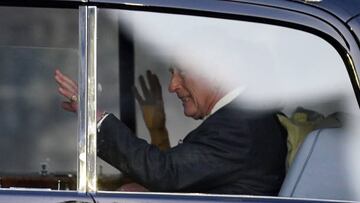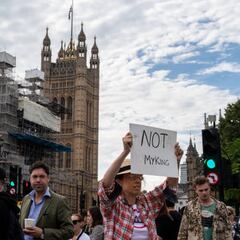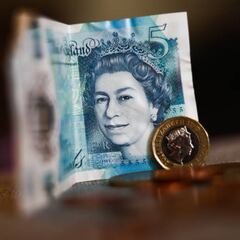Will King Charles have to pay inheritance tax on the Queen’s private estate valued at over $750 million?
The new king will not have to pay tax on his huge inheritance due to a change in UK law meaning royals pay no inheritance tax.


King Charles has been gifted the Duchy of Lancaster in his inheritance from his mother, Elizabeth II. While he gives up the $1 billion (£855 million) Duchy of Cornwall to his son William, the Duchy of Lancaster provides and ample swap worth more than $750 million (£641 million). Better yet, this will come at no cost to him due to a tweak in royal inheritance law.
The 1993 change prevents a depletion of royal funds in the case of royal deaths in quick succession. It was first utilised in 2002 when the Queen Mother bequeathed her $100 million (£80 million) estate.
Rejecting a proposal for the Duchy of Lancaster to sell agricultural land owned since the 14th century, the Queen remarked: “If it was good enough for John of Gaunt, it’s good enough for me" #longterminvesting pic.twitter.com/cA9Q1LMMKr
— Andrew Hill (@andrewtghill) September 9, 2022
Usually britons pay 40 percent of an inheritance larger than $377,000 (£325,000) back as tax to the government.
The queen voluntarily began to pay income and capital gains tax in 1993, though Charles is under no obligation to do the same. However, with the ongoing cost of living crisis it would be hoped by many in the UK that the new king would contribute towards his subjects.
The queen was the largest landowner in the UK, holding around 6.6 billion acres of land worldwide.
What is the Duchy of Lancaster?
Formed back in the 1200s, the Duchy of Lancaster is one of the oldest royal portfolios. It includes a number of financial and property investments including tens of thousands of hectares of land in England and Wales.
Related stories
One of its largest portfolios includes assets in London like the Savoy hotel.
It is one of a number of estates Charles has access to for funds.
6) The monarchy holds nearly $28 billion in real estate assets as of 2021, which cannot be sold, including:
— FORTUNE (@FortuneMagazine) September 9, 2022
The Crown Estate: $19.5 billion
Buckingham Palace: $4.9 billion
The Duchy of Cornwall: $1.3 billion
The Duchy of Lancaster: $748 million
Kensington Palace: $630 million

